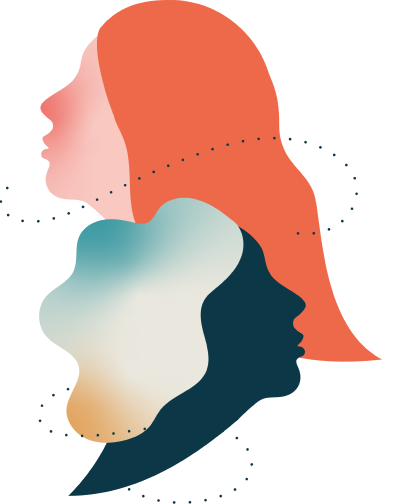Menopause shows up in different ways. Understand how different symptoms might be impacting you.
Treatments and Symptoms
Hot Flashes
What it feels like
A sudden rush of body heat, red and flushed skin, perspiration, sometimes accompanied by an increased heart rate
Why it happens
Decreasing estrogen causes the hypothalamus, a structure in the brain that acts as the body’s thermostat, to become more sensitive to slight changes in body temperature. The brain believes your body is too warm and starts a chain of events to cool you down.
According to the 200,000 respondents who have taken our Menopause Assessment:
57%
of people in menopause experience hot flashes
83%
said that hot flashes negatively affect their quality of life in a significant way
7 to 10 years
is the average length of time that women experience hot flashes due to menopause
Get Started
Fast virtual menopause relief
Convenient access to expert care when you need it, on your schedule.
Learn about other symptoms

In-Person Care
Looking for an in-person OBGYN?
Visit our online scheduler, Lodus Health. There you can access 2,700+ independent, affiliated providers who deliver comprehensive women's health services.
Get Care

